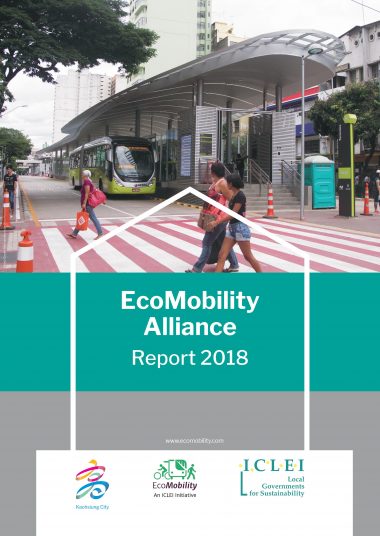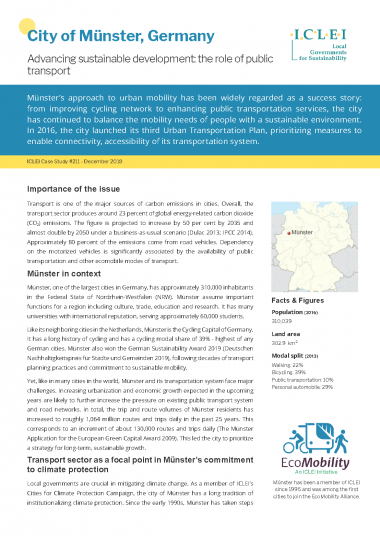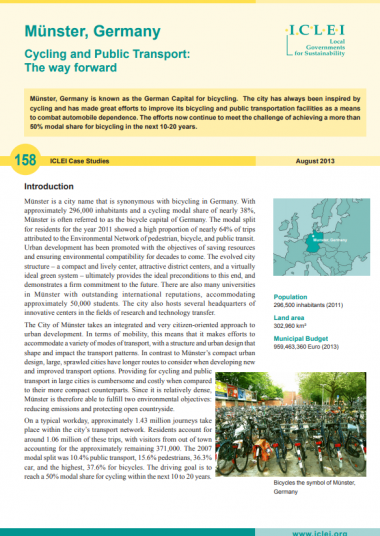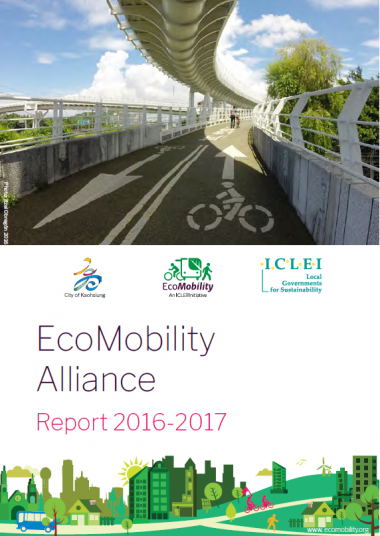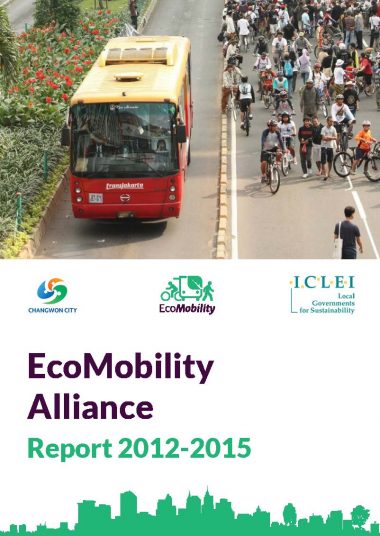Münster is the bicycle capital of Germany with 470km of bike paths in all parts of the city and the surrounding Münsterland region. While the bicycle modal share is one of the main achievements of the city, the city works towards providing a multi-modal transportation system. This is reflected by the modal choice of the residents: 71 percent of all journeys are made on foot or by bicycle and public transport.
Understanding the community’s satisfaction
The Transport Plan of the city was developed after assessing the community’s satisfaction with the city’s transportation system. The satisfaction survey, conducted annually, shows a general increase in approval of the system, particularly on the service quality (i.e., spatial and temporal service of the public transport). This consumer satisfaction survey serves as an important benchmark for the city’s quality control. It takes into account equity aspects (e.g., gender aspects and the inclusion of vulnerable people) as well as efficiency standards (e.g, network design and accessibility).
The process
As the population will increase by 30 percent in 2030, the city is working towards expanding the public transportation system with some ongoing projects: (1) redevelopment and expansion of the tram system, Westfälische Landes-Eisenbahn (WLE); and (2) renewal of the
Bremen Plaza which is east of the Münster Central Station. To develop these projects, the city embarked on a public consultation process through information sessions and focus group consultations that were led by the mayor. Results from the discussions are well-documented and available online on the city’s website for transparency. Throughout Münster’s public engagement process, the core success factors were:
- Adequate preparation of the projects, including project concept and cost-benefit analysis
- Participation and openness of the mayor and city staff to explain the plan and respond to questions or skepticism
- Continuous improvement based on the feedback received and the provision transparent information.
